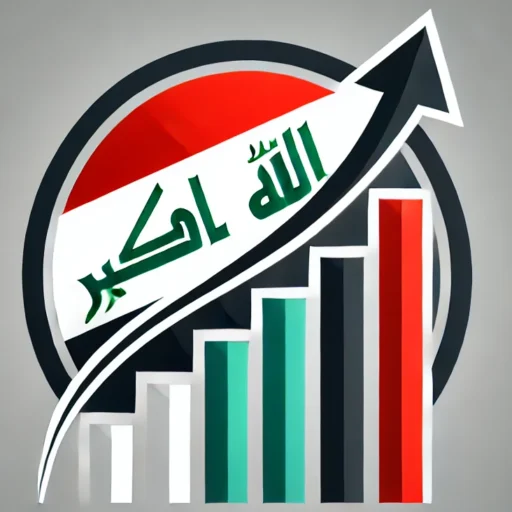The Impact of U.S. Sanctions on Iranian Companies and Emerging Opportunities in Iraq
Economist Abi Yasser Al-Husseini posits that the latest U.S. sanctions targeting Iranian firms may create opportunities for Gulf and Turkish enterprises to bolster their market presence in Iraq. This shift could trigger significant changes in the economic landscape in the near future.
In a recent discussion, Al-Husseini noted that “the Middle East has been embroiled in intense economic conflicts for years,” pointing out that “Washington’s strategy of economic isolation and dominance is aimed at furthering its objectives in the region, with direct repercussions for Iraq.”
He highlighted that Iraq could face adverse effects from these policies, primarily within the services sector, especially in electricity. It is anticipated that by summer, the U.S. sanctions will exacerbate the region’s crises.
According to Al-Husseini, “Increased restrictions on Iranian companies and their access to payments for trade with Iraq—in particular, the fuel sector—will likely facilitate a stronger foothold for Saudi and Turkish companies, bolstered by American support, within the Iraqi market.”
He elaborated that “Iran currently lacks adequate resources to halt its declining market share in Iraq, despite the geographic advantages of its goods that reduce transportation costs and their alignment with local market needs.”
Al-Husseini asserted that “Iraq is poised for noticeable economic transformations in the near future, with new players set to enter the commercial arena.”
Since 2003, Iraq has operated as a competitive landscape for regional and international powers, engaging in both political and economic arenas. The Iraqi market has experienced an influx of products and firms from various countries, particularly Iran, Turkey, and Gulf states, influenced by the shifting dynamics of successive governments and the nation’s foreign relations.
U.S. Economic Pressure and Its Impact on Iranian Enterprises
In recent years, the U.S. has intensified its economic pressure on Iran through a series of sanctions, which have directly affected Iranian businesses operating in Iraq. These pressures include limitations on financial transactions and restrictions that prevent Baghdad from remitting dues for gas and energy supplies to Tehran in U.S. dollars, leading to a crisis in Iraq’s electricity sector, heavily reliant on Iranian gas.
Anticipated Shifts in the Iraqi Economic Landscape
As U.S. pressure on Iran persists alongside a growing Turkish and Gulf influence, analysts expect a notable shift in Iraq’s economic environment in the coming months. The country may forge new partnerships that foster competition among regional players or face intricate economic challenges stemming from a diminished reliance on critical energy resources.

